GLYPHOSATE and well water
lane5
16 years ago
Related Stories
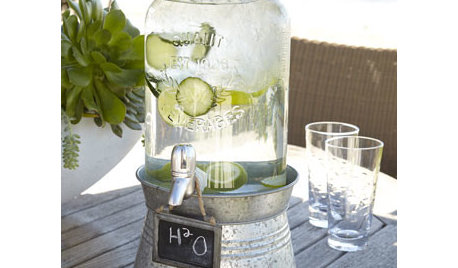
Guest Picks: We'll Drink to These!
Keep favorite summer drinks cold and at the ready with stylish holders and dispensers that are easy to take outside
Full Story
TRAVEL BY DESIGN10 North American Homes That Are Fabulously on the Water
Float homes, houseboats and boats serve these view-loving homeowners well
Full Story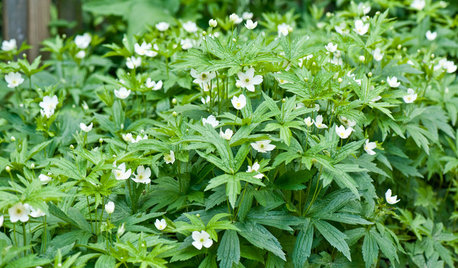
GARDENING GUIDESGreat Design Plant: Anemone Canadensis Adds Pizzazz to Water’s Edges
Plant Canadian anemone along pond, lake or stream edges for a splash of white flowers in late spring
Full Story
GARDENING GUIDESHow to Keep Your Citrus Trees Well Fed and Healthy
Ripe for some citrus fertilizer know-how? This mini guide will help your lemon, orange and grapefruit trees flourish
Full Story
ORGANIZINGChecklists for a Well-Stocked Home
Thank-you notes, first-aid kit, clear glass vases ... It’s easy to go with the flow when you’ve got the items you need at hand
Full Story
KITCHEN DESIGN7 Strategies for a Well-Designed Kitchen
Get a kitchen that fits your lifestyle and your design tastes with these guidelines from an architect
Full Story
FEEL-GOOD HOMEThe Well-Stocked Minimalist
The trick is to have just enough of the right stuff at home — no more, no less. Here’s how to do it
Full Story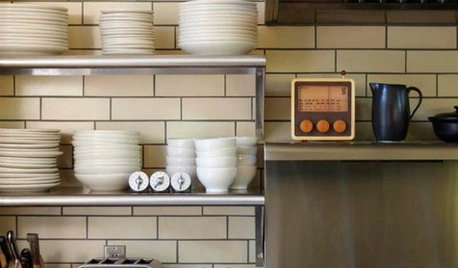
KITCHEN DESIGNCreate Your Own Checklist for a Well-Stocked Kitchen
Personalize the kitchen with your own must-haves from our list of top cooking tools, small appliances, pots, pans and more
Full Story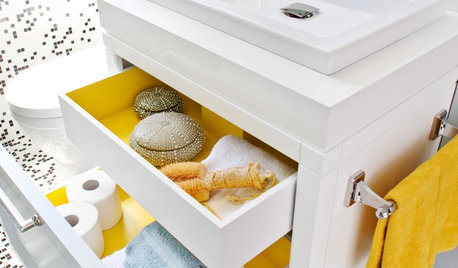
BATHROOM DESIGNGet It Done: Organize the Bathroom for Well-Earned Bliss
You deserve the dreamy serenity of cleared countertops, neatly arranged drawers and streamlined bathroom storage
Full Story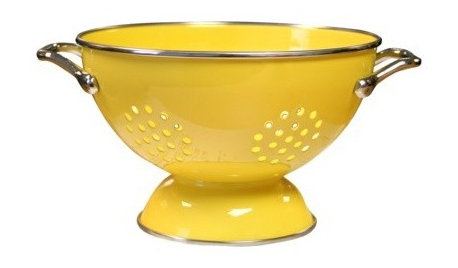
PRODUCT PICKSGuest Picks: The Well-Stocked Starter Kitchen
We’ve got all the kitchen basics and tableware you need (or that recent grad needs) to make cooking a joy
Full Story





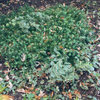
davidl_ny5
rhizo_1 (North AL) zone 7
Related Professionals
Ferndale Landscape Architects & Landscape Designers · Sand Springs Landscape Architects & Landscape Designers · Waterbury Landscape Contractors · Concord Landscape Contractors · Natick Landscape Contractors · San Benito Landscape Contractors · Seminole Landscape Contractors · West Haverstraw Landscape Contractors · Woodbury Landscape Contractors · Charleston Fence Contractors · New Haven Fence Contractors · North Hollywood Fence Contractors · Tacoma Fence Contractors · Hermosa Beach Fence Contractors · Carmel Siding & Exteriorsctopher_mi
joepyeweed
maifleur01